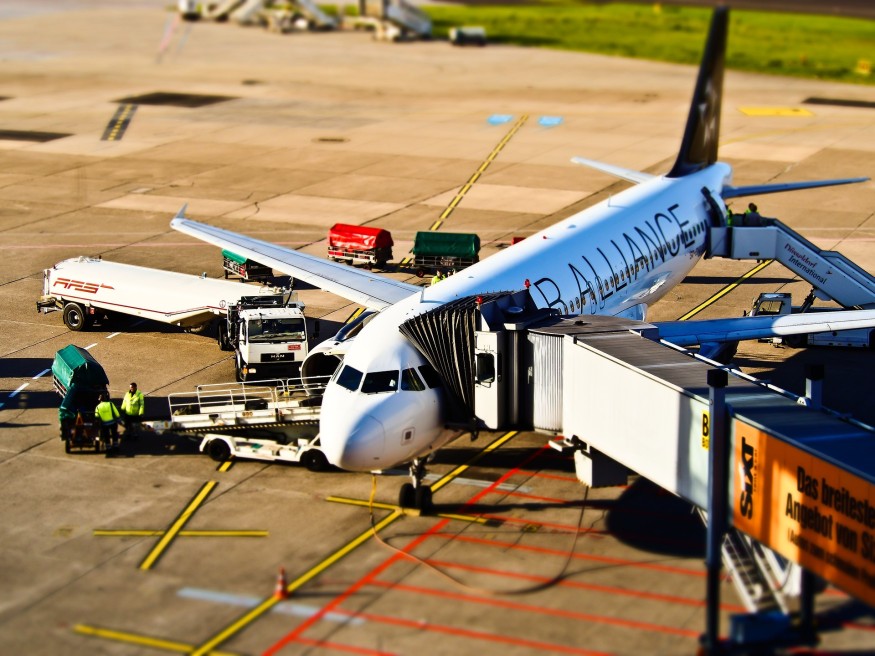
The European Union has begun the gradual rollout of its new EU border control system known as Entry/Exit System (EES), requiring passport holders from non-EU countries to undergo new entry registrations as part of a progressive implementation of the latest digital border system.
The gradual implementation of the EES intends to replace the manual passport stamping with automated registration for travellers from outside the EU's Schengen areas in the long run.
Who Is Required to Use EES?
All non-EU nationals, including British citizens, who are planning to enter and stay within the Schengen area for a maximum of 90 days in 180 days, should register using the EES.
The Schengen territory is composed of 25 countries from the EU, plus Switzerland, Iceland, Norway, and Liechtenstein, where internal borders are removed to allow total freedom of movement.
Cyprus and Ireland are not included in the implementation.
The latest system will include visa holders and travellers who can enter the EU without a visa. It will gather the individual's data, such as fingerprints, travel document implementation and facial images, during the first entry on the bloc.
The tourists' data, including the entry and exit details, will be recorded for the next visits.
It means the subsequent travels will only require biometric data verification, thus speeding up the process.
Kids are also required to go through the EES checks, but those aged 12 and below are not required to give fingerprints.
How Will It Affect British Travellers?
Tourists from the UK who plan on visiting Spain, Italy or Portugal should start preparing to endure four hours in line to enter their destination.
This extended waiting time could possibly cost the UK economy to lose £400 million annually, based on the analysis from Logistics UK with the help of independent modelling experts MDS Transmodal.
Speaking to The Independent, Logistics UK Policy Manager Josh Fenton said, 'This is a cost that the logistics industry cannot just absorb, not least because our members already operate on incredibly narrow margins and are facing rising operating costs that are putting pressure on their ability to keep trading.'
He added that it is important for the logistics industry to urge the UK government to maintain its close connection with its European fellows to 'ensure that the test of Member State readiness has, at its core, the smooth flow of freight and trade across the Channel; a critical GB EU supply chain route.'
Liberal Democrats noted the figures from the industry experts and urged the government to ask the EU to allow pre-checks for HGVs before reaching the UK/EU border.
'It's utterly unacceptable that the UK could lose nearly half a billion pounds thanks to the government failing to negotiate properly with the EU over the new entry programme. This is yet another barrier to growth,' Liberal Democrats' Europe spokesperson Al Pinkerton said.
He added that the amount could have returned to the nation's economy and been used to help struggling companies and public services in the country.
UK Border Exceptions
The checks will be implemented at all destination airports or ports on arrival in the UK. But the Port of Dover, Folkestone and St Pancras International are exempted from the checks since these places are considered dual British and French border areas.
It means travellers do not have to go through the checks again when boarding a train or ferry once they reach mainland Europe.
Originally published on IBTimes UK
This article is copyrighted by IBTimes.co.uk, the business news leader



